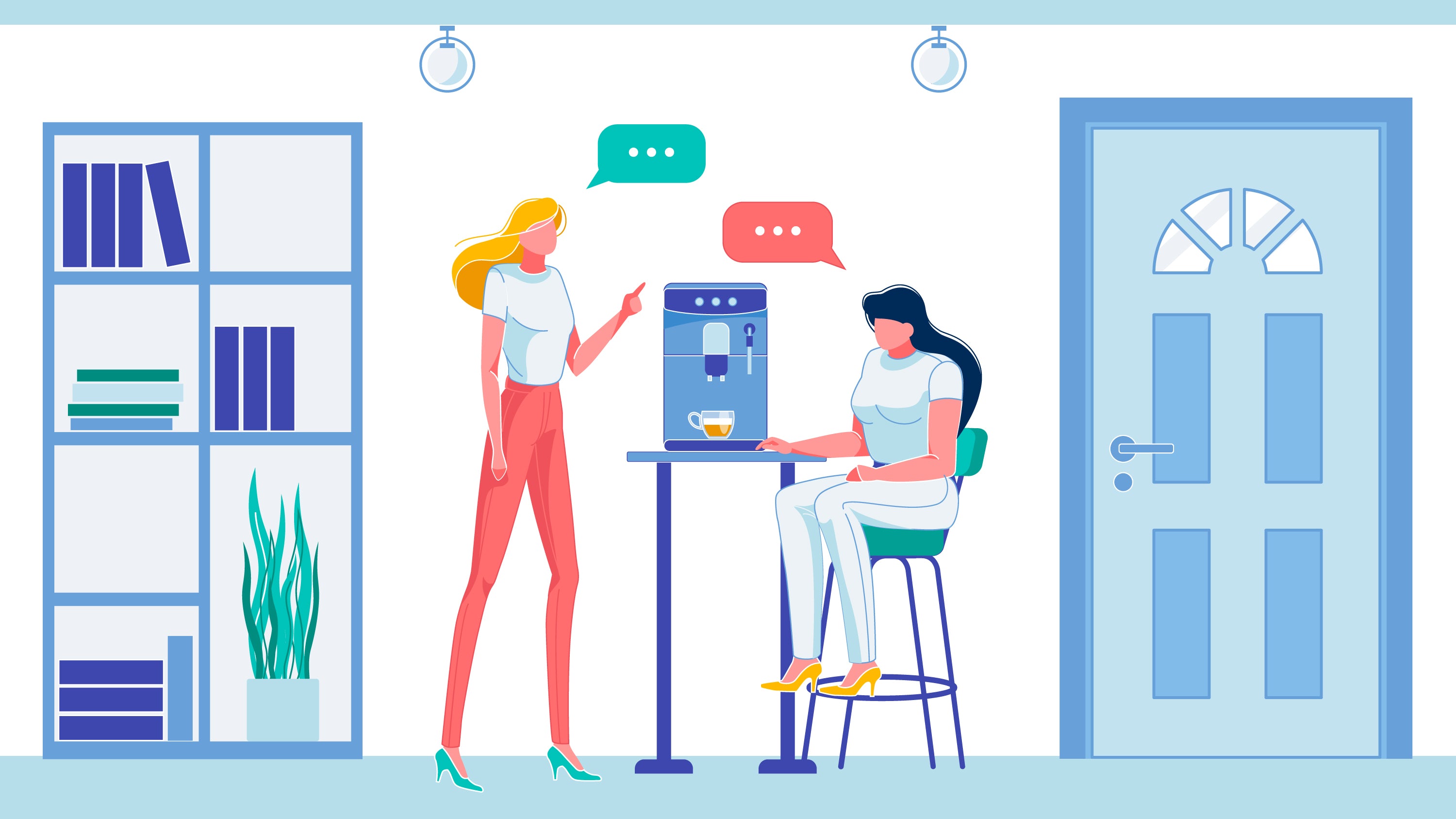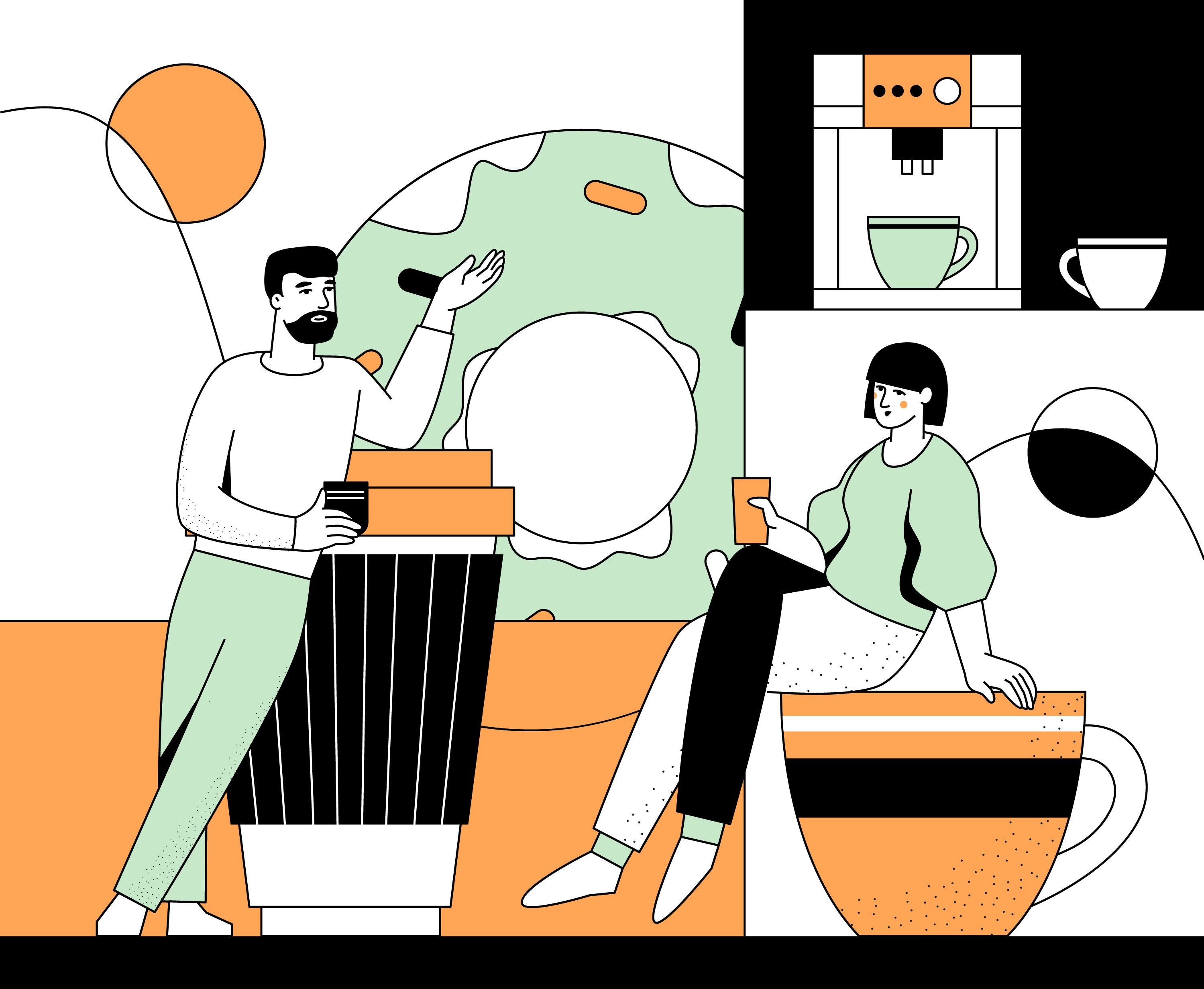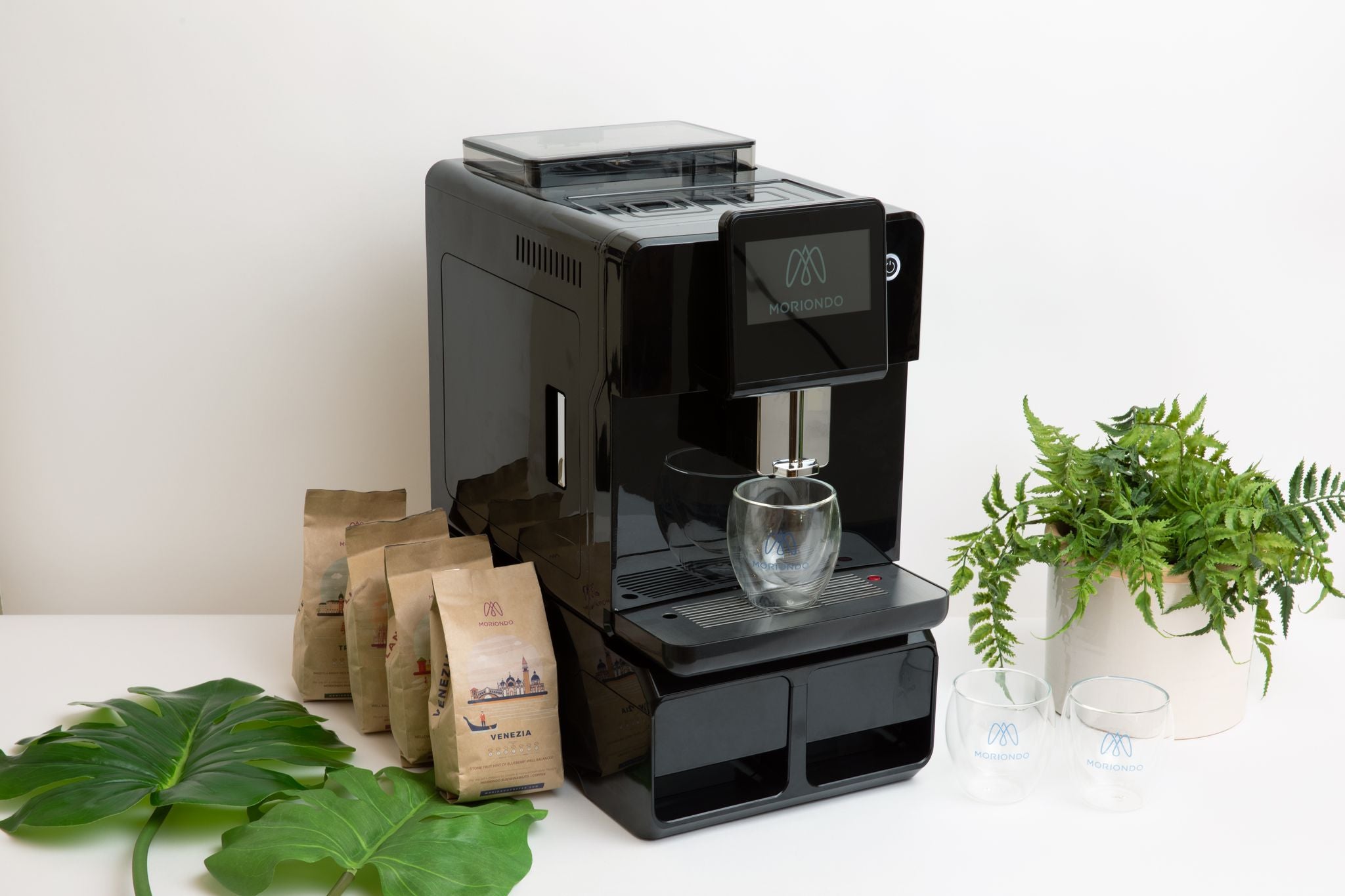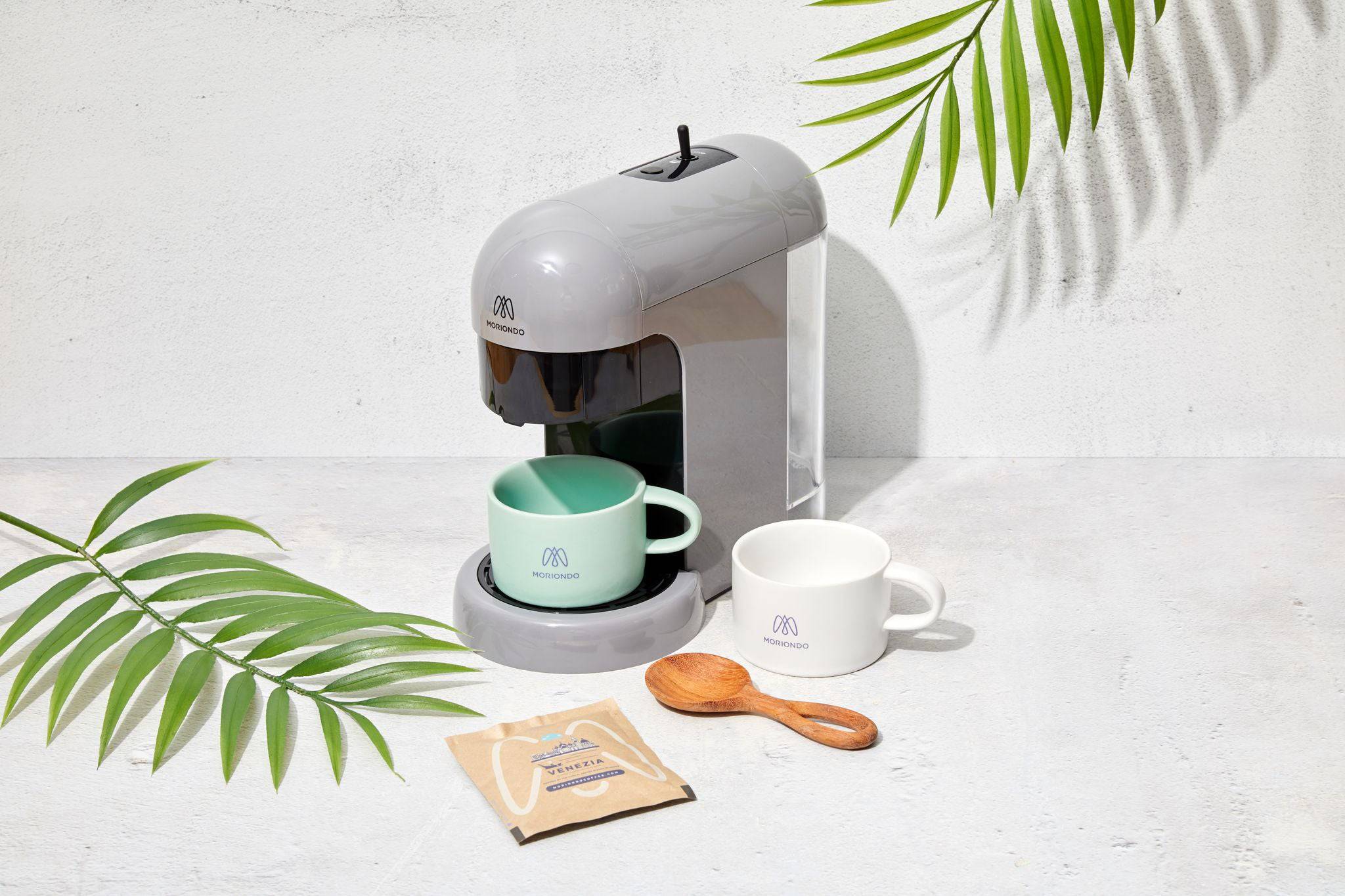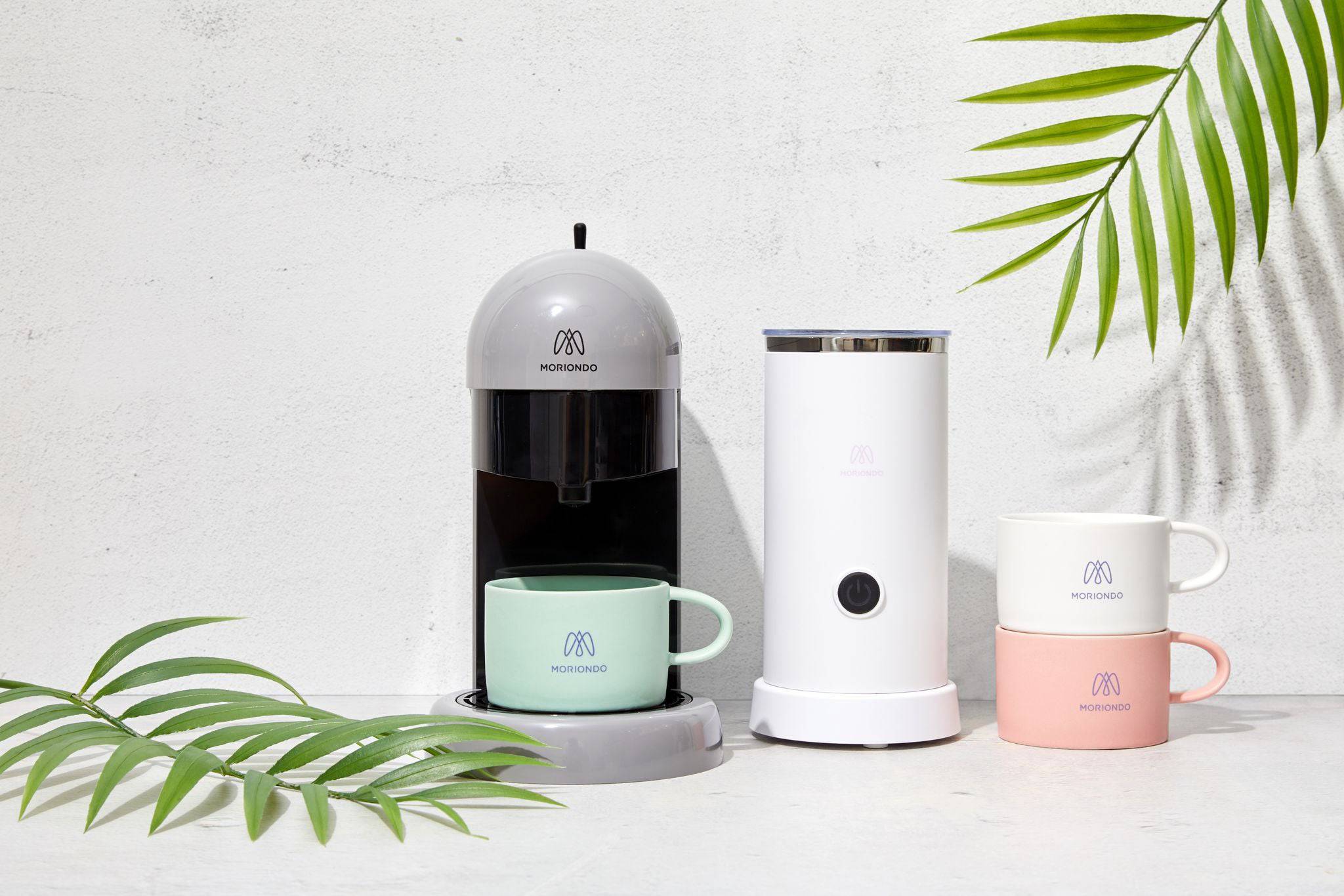Matcha vs. Coffee: An In-Depth Comparison Guide
Table of Contents
Matcha and coffee are often compared in terms of their benefits and effectiveness.
The former is a type of Japanese green tea powder that has become increasingly popular across the globe, while the latter is already one of the most common beverages.
You have likely read about the health benefits of coffee and wonder how they hold up to green tea matcha.
This guide compares the pros, cons, and key differences between the two, including amino acid.
Comparing nutrients
Both green tea matcha and coffee include minimal calories during preparation if you do not include flavored syrups, milk, cream, or sugar. For example, a standard matcha cup gets made with approximately 2 grams of powder and 60 mL of warm water. Conversely, coffee is usually brewed with boiling or hot water.
Review the table below to observe the nutritional comparison by the numbers. It includes standard servings of both beverages. A serving of coffee includes an 8-oz. cup, and a serving of green tea matcha includes a 2-oz. cup.
Furthermore, coffee typically contains a caffeine concentration of 96 mg per 8-oz. in a traditional 240mL cup. On the other hand, green tea matcha contains a caffeine concentration of 19 to 44 mg per gram, equating to an average of 55 mg per 2-oz.
The spread of caffeine levels in matcha powder is a direct correlation to the amount of powder, the freshness, the type of leaves used to create the powder, brewing time, and water temperature.
Without additives, each of the two beverages is known for its bitter taste. Specifically, matcha powder has an earthy or grassy taste, while coffee often has a nutty, roasted, chocolaty aroma and flavor.
Similar benefits

Both matcha and coffee beans have been proven to offer effects that promote one's health. There are many benefits shared between them. Below are several examples.
Losing weight
The caffeine content present in matcha and coffee beans may aid in weight loss by activating brown fat (adipose tissue), which increases oxidation and the expenditure of energy.
Brown fat is designed to prevent an oversupply of stored energy in the body, as it is capable of metabolizing fat and glucose and generating heat. Furthermore, certain studies have suggested that caffeine is liable to increase your metabolism by up to 13% for approximately 3 hours.
Outside of caffeine, you will discover that coffee beans include chlorogenic acid (CGA), with matcha containing rich concentrations of epigallocatechin gallate (EGCG). Both of these chemicals have demonstrated capabilities to aid in the loss of weight.
Studies in animals have suggested that CGA can affect hormones related to obesity, which potentially helps lower weight, accumulation of fat, and levels of cholesterol and triglyceride.
In a similar way, studies on animals and EGCG demonstrate that the compound triggers weight loss by preventing the formation of fat as well as triggering the breakdown.
Fight cancer
By definition, antioxidants represent beneficial compounds designed to mitigate stress in the body which otherwise leads to the progression of certain diseases, such as cancer.
A group of powerful antioxidants found in tea, coffee beans, vegetables, and fruits includes polyphenols. CGA and EGCG are critical components of coffee and green tea polyphenols.
There is a probability that the health benefits of CGA will protect against esophageal, colorectal, liver, and oral cancer by suppressing the growth of tumors. Furthermore, EGCG may halt the spread and growth of tumors by limiting the blood vessels that feed them, ultimately killing cancer cells.
Drinking matcha provides a bountiful supply of chlorophyll, vitamin C, and rutin, which provides its default green color. Conversely, coffee beans contain kahweol and cafestol, which include antioxidant properties.
Support heart health
Numerous compounds included in coffee and matcha provide health benefits that may help reduce risk factors relating to heart disease. To begin with, the content of polyphenols is liable to lower the aggregation of platelets, which helps stop the arteries from clogging.
This lowers the risk of a heart attack. Furthermore, polyphenols promote the relaxation of blood vessels which helps lower high blood pressure.
Finally, the health benefits of EGCG contained in matcha green tea will likely lower blood pressure and reduce levels of triglycerides and cholesterol by preventing fats from being absorbed by your gut.
Improved liver
Drinking coffee and green matcha tea has been statistically proven to reduce the risk of liver cirrhosis, fibrosis, and fatty liver disease.
Enhanced mood
The caffeine content of both beverages, and especially the EGCG and L-theanine found in matcha tea, work to improve memory, attention, reaction time, and mood.
Key differences
Each of the two drinks can provide you with a boost of energy, even though they achieve this differently.
Energy boost
For example, coffee provides an instant kick to your energy that reduces fatigue and sleep. This happens because the body quickly absorbs up to 99% of the caffeine. As a result, your blood concentration levels of the compound may reach a peak as little as 15 minutes after intake.
Upon absorption, caffeine crosses the barrier of your brain, blocking adenosine receptors. Adenosine is a compound that contains properties that promote staying awake. In a similar way, matcha tea includes caffeine but boosts your energy at a slower pace.
Amino acid
Furthermore, matcha contains the amino acid known as L-theanine. This is found in the camellia sinensis plant and can help reduce stress by increasing your brain's alpha waves. L-theanine, like caffeine, will cross the barrier of your brain to reach peak levels of concentration in as little as 30 minutes.
L-theanine, when mixed together with caffeine, is likely to reduce fatigue while increasing alertness.
Pros and cons
No matter if you prefer green tea or too much coffee, each of the two beverages has pros and cons. Read below to learn more.
Benefits of matcha
Outside of everything previously mentioned, tea leaves from black tea or other green teas are able to promote relaxation and oral health and are generally easy to make.
By increasing the activity of alpha waves in the brain, amino acid, and L-theanine calm the mind without making you feel drowsy. Unlike drinking coffee, matcha is able to improve oral health and blood sugar levels.
This ties very closely with your general health. Finally, the process of creating matcha for the purposes of drinking green tea is to simply add hot water to the powdered green tea mix and powder. You don't need any special equipment.
Downsides of matcha
Although prices may vary depending on quality, matcha latte will inevitably cost more money than coffee. Consuming significant doses of EGCG and other polyphenols in matcha may result in liver damage, despite more necessary research.
Lastly, matcha is composed of green tea leaves that get pulverized. This increases the risk of contamination from metals, such as arsenic and lead.
Benefits of coffee
Depending on quality, coffee is generally far less expensive to purchase and consume than matcha. Regardless if it is caffeinated or decaf, your coffee is able to lower the risk of type 2 diabetes by up to 12% for every 2 cups you consume each day.
Finally, this is perhaps the most widely available beverage in the world. It's trivial to find a coffee shop anywhere you look. You can buy coffee in supermarkets, restaurants, or in ready-to-drink packages.
Downsides of coffee
Caffeinated drinks are a drug like any other, designed to stimulate the central nervous system of the human body. If you consume too much coffee, you may end up developing a dependence on caffeine.
Furthermore, certain individuals have reported experiencing unpleasant reactions, such as jitters, headaches, anxiety, insomnia, and increased heart rate, during both coffee consumption and withdrawal.
Takeaway
Both coffee and matcha tea leaves are popular caffeine drinks.
They each include tons of antioxidants and share key health benefits.
For instance, they can lower the risk of cancer and heart disease while simultaneously promoting weight loss and maximizing energy levels.
Still, they each have their own pros and cons that you need to consider before picking one over the other.
Good Tasting Coffee: How to Identify Coffee Flavors

In order to appreciate the different types of coffee available, it's important to cultivate an awareness of its unique characteristics. Let's take a look at the way coffee connoisseurs judge different cups of coffee.
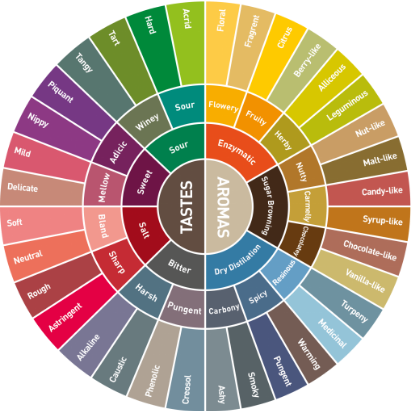
Aroma
The scent of a cup of coffee has a direct influence on how we perceive its flavor. As you drink coffee try to notice if the scent is smoky, fruity, earthy, spicy, nutty or grassy.
Acidity
One of the most defining characteristics of a cup of coffee is its acidity. This is the sharp, bright tangy quality of coffee that perks up our senses. Coffee doesn’t necessarily contain just one type of acid, either. It may contain citric acid, malic acid (fruity in flavor) or even quinic acid from stale coffee, which gives us stomach aches.
Body
This is the weight, thickness and texture of coffee in your mouth. The body of different types of coffee falls on a spectrum of light- to full-bodied viscosity (thin to thick).
Flavor
This is where comparisons come in handy and there is some overlap between aroma and flavor. Your coffee might taste bitter, sweet, savory or sour with common comparisons to chocolate, wine or fruit.
Related Posts

